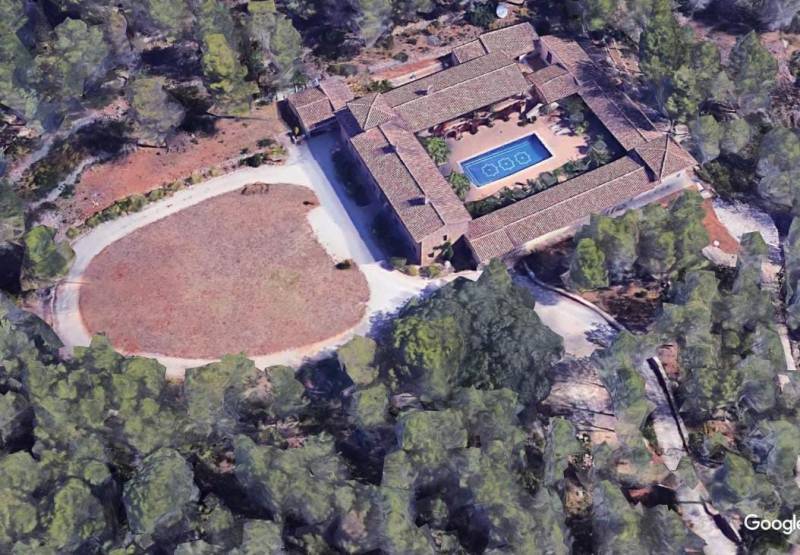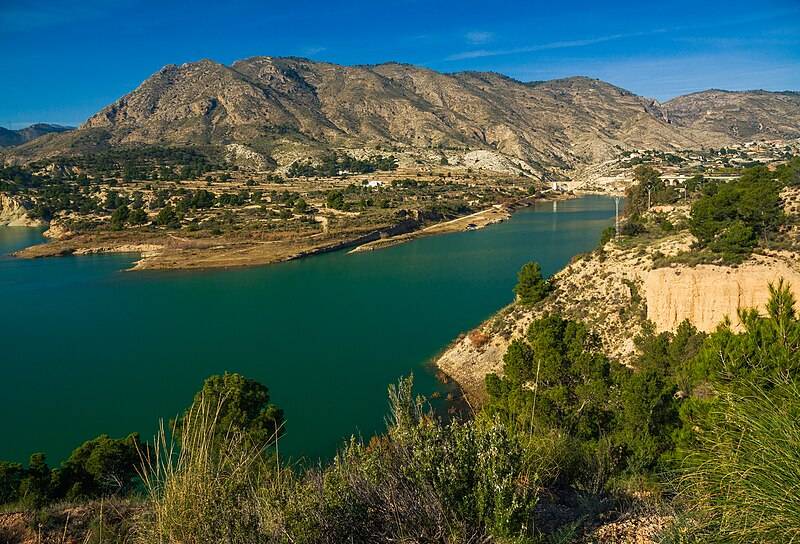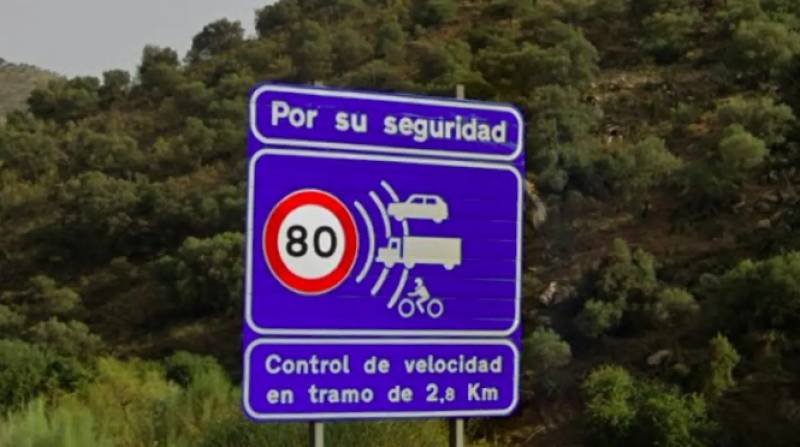

Guidelines for submitting articles to San Pedro del Pinatar Today
Hello, and thank you for choosing San Pedro del Pinatar.Today to publicise your organisation’s info or event.
San Pedro del Pinatar Today is a website set up by Murcia Today specifically for residents of the urbanisation in Southwest Murcia, providing news and information on what’s happening in the local area, which is the largest English-speaking expat area in the Region of Murcia.
When submitting text to be included on San Pedro del Pinatar Today, please abide by the following guidelines so we can upload your article as swiftly as possible:
Send an email to editor@spaintodayonline.com or contact@murciatoday.com
Attach the information in a Word Document or Google Doc
Include all relevant points, including:
Who is the organisation running the event?
Where is it happening?
When?
How much does it cost?
Is it necessary to book beforehand, or can people just show up on the day?
…but try not to exceed 300 words
Also attach a photo to illustrate your article, no more than 100kb

El Parque La Ereta in Alicante City
A peaceful park home to olive groves and exotic flowers with spectacular views of Alicante City
The Parque la Ereta is an attractive urban park situated on the slopes of Monte Benacantil in Alicante City, known for its spectacular views of the cruise ship port and the harbour as well as its tiered, white stone steps starting from the fortifications of the Castillo de Santa Bárbara and running all the way down to el Barrio de Santa Cruz.
Originally this mountainous area was just steep barren land that deteriorated over time with falling rocks and little vegetation, until 1994 when the town hall of Alicante commissioned plans to regenerate the area and turn it into an urban park for locals and tourists to enjoy.
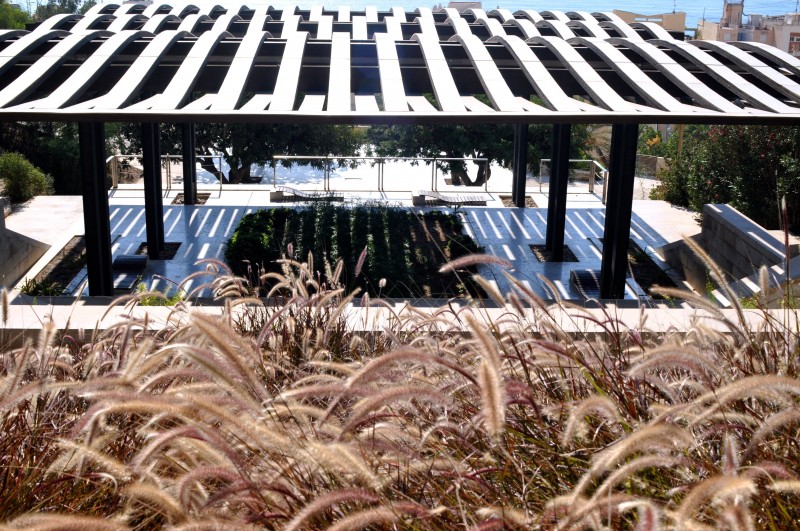
Due to the peculiar formation of the mountain slopes, designing and constructing the Parque La Ereta was a rather difficult, but exciting architectural challenge. Due to the rocky and graded terrain the park has been segmented into decks which mould into the slopes, and protective walls, canals, and drains have been constructed to manage the flow of rainwater.
All of the park furniture has been made from organic materials and despite being a modern construction, the park has been designed in keeping with the appearance of the natural landscape with different types of native vegetation planted around wooden trellises on the various levels of stone slabs.
Climbing up to the Parque La Ereta from the old town visitors pass through different vegetation, starting with olive groves that have been planted to help stabilise the soil, limit erosion and act as a sponge for heavy rainfall. Then as visitors continue upwards they reach pine trees, then orange trees and exotic flowers before concluding their climb surrounded by long scattered grass as the park joins onto the castle fortifications.
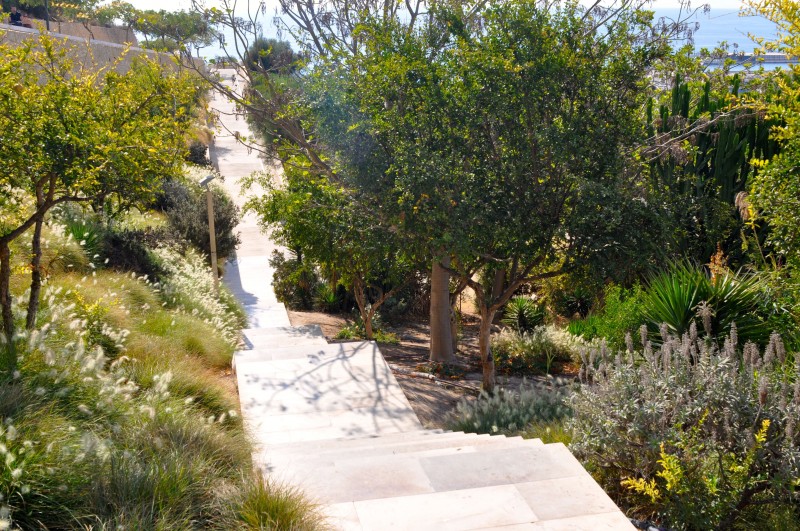
The park occupies almost seven hectares of land, and from the slopes visitors can take advantage of the spectacular panoramas of the city, with a clear view of the Catedral de San Nicolás, el Puerto and the Mediterranean Sea.
Not only is La Ereta a tranquil and relaxing place with attractive fountains and trees offering shade, but the park also has a unique feature that attracts many locals from the city of Alicante. Dotted along different levels of white marble steps are wooden slatted benches in the shape of undulating beds designed for lying down, ideal for people wishing to enjoy a peaceful siesta outdoors in the mid afternoon.
There is central plaza in the park called the Plaza de los Algarrobos where open- air shows take place as well as an exhibition hall and a restaurant which isn’t the cheapest by any means but has fantastic views of the city of Alicante. A recent construction is La Casa de Santa Claus (Santa Claus’ house) which opens during Christmas time for children to leave their wish lists in a well, receive gifts, and participate in workshops and games that also take place in the park grounds.
The park is open every day from 8:00 to 21:00 and can be accessed by a number of different routes as there are many small side entrances to the park. However, the main entrance is the most suitable for people with reduced mobility, with ramps leading up to the different park sections, and right next to the main gate is the Museo de Aguas de Alicante, a small museum about the history of water in Alicante City. It is worth a quick visit as it is free to enter and visitors can take look at the ancient wells of Garrigós.
The main entrance to El Parque La Ereta can be accessed by car from the south end of La Rambla de Méndez Núñez by taking a left onto Calle San Fernando and following the road round onto Calle Mayor. If drivers then continue along Calle Mayor until it becomes Calle Villavieja and take a left onto Calle Viriato, there is parking further up the road and the park entrance can be accessed from the car park via a ramped walkway. Alternatively, from Calle Villavieja, visitors can park in the car park just after the second left turning (for Calle Lucentum), and walk the rest of the way up Calle Lucentum to the park entrance.
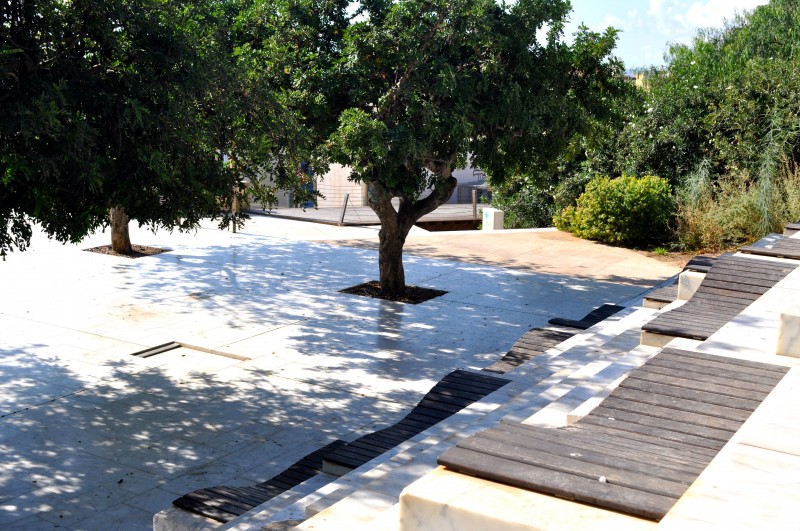
It can be accessed by foot from Calle Mayor by going up the street and taking a left onto Calle Llortja dels Caballers, following the road round and walking up the steps in the corner of Plaza Virgen del Remedio. Walkers can then climb the next set of steps that are painted in huge colourful stripes, which lead to Plaza del Puente where the park entrance can be located at the far corner.
The top of the park can also be accessed from the car park at the Castillo de Santa Bárbara, by walking out of the castle carpark entrance and taking the first left off the main road, following a stony walled footpath that leads up through an archway and down round the front of the castle where visitors can follow a zig-zagged path that leads them directly towards the La Ereta restaurant and the highest point of the park.
















